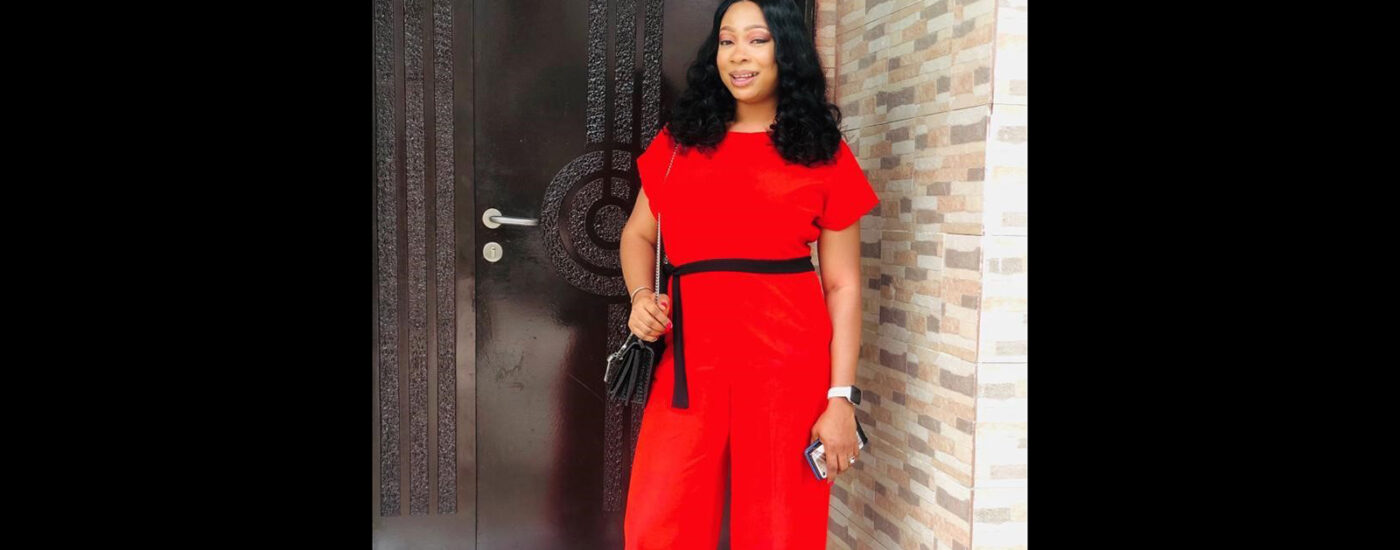Ifeyinwa Melicent Ugwuoke

Public Health MSc
View the course- Year of graduation: 2023
- Current job title: Residential Support Mentor
- Current employer: Life’s Journey Inc, Brandon, MB, Canada
Your university/career journey
Why did you choose your course at UON?
The main reason for choosing my course at UON is its growing reputation for research excellence. The 24/7 access to extensive libraries, IT suites, and innovative learning spaces were also the rationale for my choice.
What aspects of the course did you enjoy the most and why?
It was indeed an interesting time during this programme. I’d say I enjoyed the health need assessment, health protection, health promotion and behaviour change, and therapeutic communication intervention the most. They were all tailored to learning and developing skills to impact the lives of vulnerable individuals and families and society at large and acquiring the know-how to support them to make good, healthy and deliberate choices.
Extra-curricular activities
Did you do any extra-curricular activities while at UON?
Yes, I took on a volunteer position with Northamptonshire Carers. My role as a volunteer champion was to work as a respite for unpaid carers. I provided a relief duty for them to rest and engage in self-care to enable them to offer the best support for the individual needing their care.
How did these extra-curricular activities enhance your career prospects?
My time at Northamptonshire Carers really affirmed my desire to serve and give to my community. It informed my decision of researching more on caregiving and its impact on both the care recipient and the caregiver. As my health promotion assessment topic, I had to work on a health campaign on caregiver stress syndrome as observed in informal caregiving. This experience and the skills I acquired were beneficial when I was seeking my current position at Life’s Journey Inc.
How do you think your studies have helped your career or personal development?
Just as the mission statement of the University of Northampton states to commit to transforming lives and inspiring change, my life was truly transformed in both big and small ways. I now think and write critically, and I’m able to do an in-depth study when I’m working on a project. It also improved my adaptability, as well as my assessment and organisational skills. I have an excellent understanding of health need assessment and the effect of socioeconomic determinants on individual health, as well as a better understanding of the role of legislation and ethical implications when dealing with vulnerable persons to ensure their dignity and respect is at the forefront of the care being offered. The importance of a therapeutic relationship learned is key to breaking barriers and building trust while working with my participants and ensuring that I provide that person-centered care in the least intrusive and least restrictive manner.
Describe your career progression so far, and any plans you have for the future. Are there any particular hurdles you may face?
I’m taking intentional steps to attain my desired career which is to become a certified behaviour analyst. I would be moving to the outreach stream as an outreach support mentor in my current job, which is more of a community service.
I’m also volunteering at the John Howard Society, specifically at the Men’s Resource Center, where we offer a safe and supportive space for men and their families with traumatic experiences and stressors to access resources and information. I also enrolled in an RBT (Registered Behaviour Technician) programme in order to get my certification. It’s a work in progress and can be overwhelming at times because I have to combine work, family and studies, whilst actively engaging in my volunteer position, but knowing that it’s for the greater good outweighs the downside.
Which, if any, skills and knowledge/understanding gained on your degree are most useful in your current role?
Excellent assessment skills, time management, strong attention to detail with impeccable client-focus skills, the ability to take initiative while respecting boundaries, and purposeful with an ardent desire to grow and learn.
Are you currently involved in any community or volunteering projects?
Yes, I currently volunteer at the Men’s Resource Center of the John Howard Society, Brandon, MB, Canada. We offer a safe and supportive space for men and their families with traumatic experiences and stressors to access resources and information. We achieve this by creating programmes for guests to support their reintegration and healthy decisions and also by providing aid targeted at their development of personal skills through hobbies and interests.
Your advice
What advice would you give to undergraduates interested in this career path or anything you wish you had known earlier?
Have an objective in mind while starting this career. Identify your strengths and weaknesses and take deliberate steps to achieve those set goals. What really helped me was taking advantage of the support offered by the University – the academics and professional services staff are always ready to assist and put you through, all you need to do is ask.
Also, taking on a volunteer role or placement is a good way to gain experience and practice. It’s a rewarding profession and ideal for someone willing to make a difference.
In ten words, or less how would you summarise your UON experience?
Fascinating, challenging yet attainable, motivating.